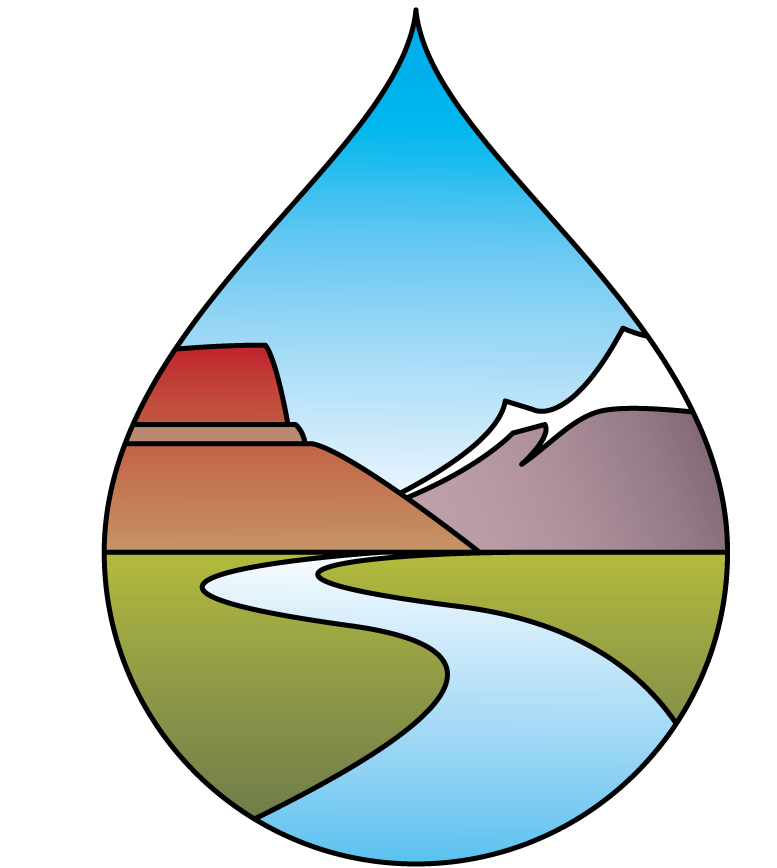Position #464 – March 25, 2021
WHEREAS, climate variability has serious potential consequences for water supply availability, water resources planning and management, water rights administration, flood management, and water quality management; and
WHEREAS, much of the West’s water infrastructure was designed and constructed prior to our current understanding of climate variability, often from short hydrologic records from the first half of the 20th century; and
WHEREAS, the impacts of climate variability can include increased frequency and intensity of severe weather (droughts and floods), reduction of mountain snowpacks, changes in timing and amount of snowmelt runoff, and changes in plant and crop evapotranspiration resulting in changed water demand patterns; and
WHEREAS, climate variability is an additional stressor on western water resources, which are already challenged by population growth, competition for scarce resources, increasingly stringent environmental regulations, and other factors; and
WHEREAS, water resources planning and management at all levels of government and sound future decision-making depend on our ability to understand, monitor, predict, and adapt to climate variability; and
WHEREAS, the Council has over the years co-sponsored several workshops to gather input on climate adaptation and research needs, including research on extreme events; and
WHEREAS, these workshops and various federal reports have helped in identifying knowledge gaps, research needs, opportunities to improve planning capabilities, and other activities that would assist in climate adaptation, including those that could impact water quality and thus, available water supply; and
WHEREAS, applied research needs and improvements to water resources planning capabilities include subjects such as evaluation of modifications to reservoir flood control rule curves, evaluation of the adequacy of existing federal hydroclimate monitoring networks, improvements to extreme precipitation observing networks and forecasting capabilities, development and improvement of applications for remote sensing data (satellite imagery), preparation of reconstructed paleoclimate datasets for drought analyses, and development of new guidelines for estimation of flood flow frequencies;
NOW, THEREFORE, BE IT RESOLVED that the Western States Water Council supports state and federal applied research and hydroclimate data collection programs that would assist water agencies at all levels of government in adapting to climate variability and making sound scientific decisions.
Revised and Readopted (see former Position #421 – March 14, 2018)
